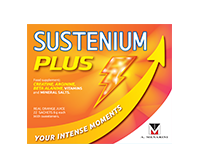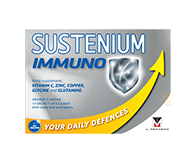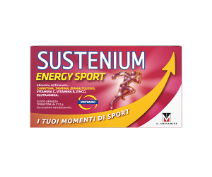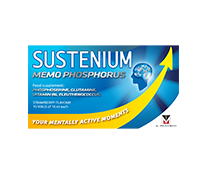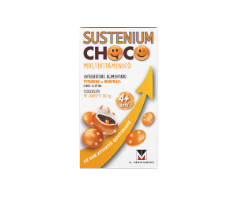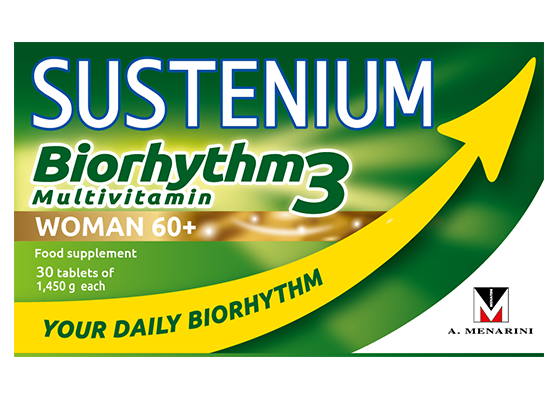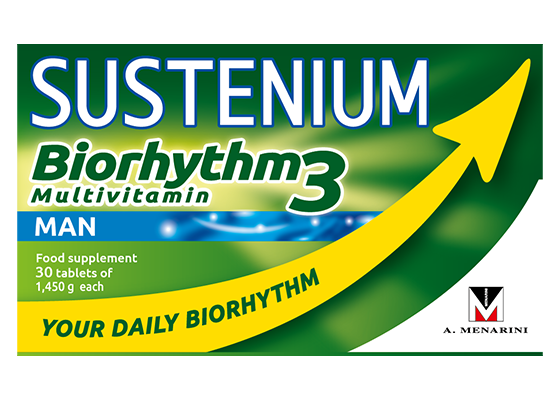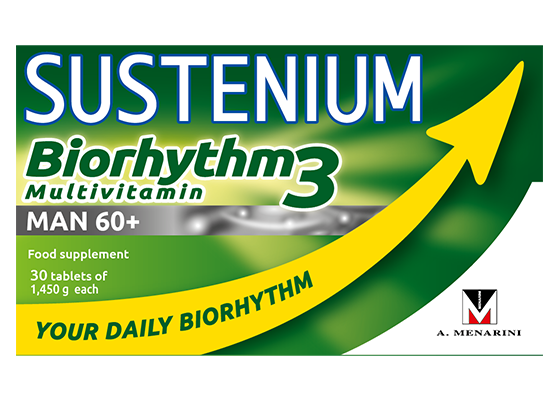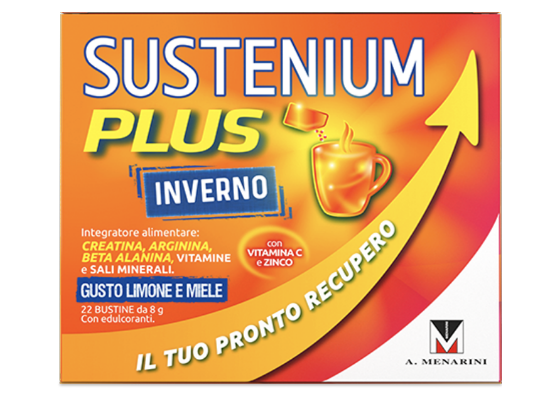Becoming older is a natural part of our life. By following a proper lifestyle, you can enjoy the benefits of being older and still maintain a great quality of life. See what the benefits are.
Why should I think about a proper lifestyle?
Like many who are in their mid 50s, you may feel happy and satisfied with your life. You may be more confident than your younger self, and you expect to enjoy a good quality of life in the future. Surely, you may notice some changes to your body, such as more lines in your face or changing sleeping patterns. The good news is, you can grow older with your body and mind as healthy as they can possibly be.










